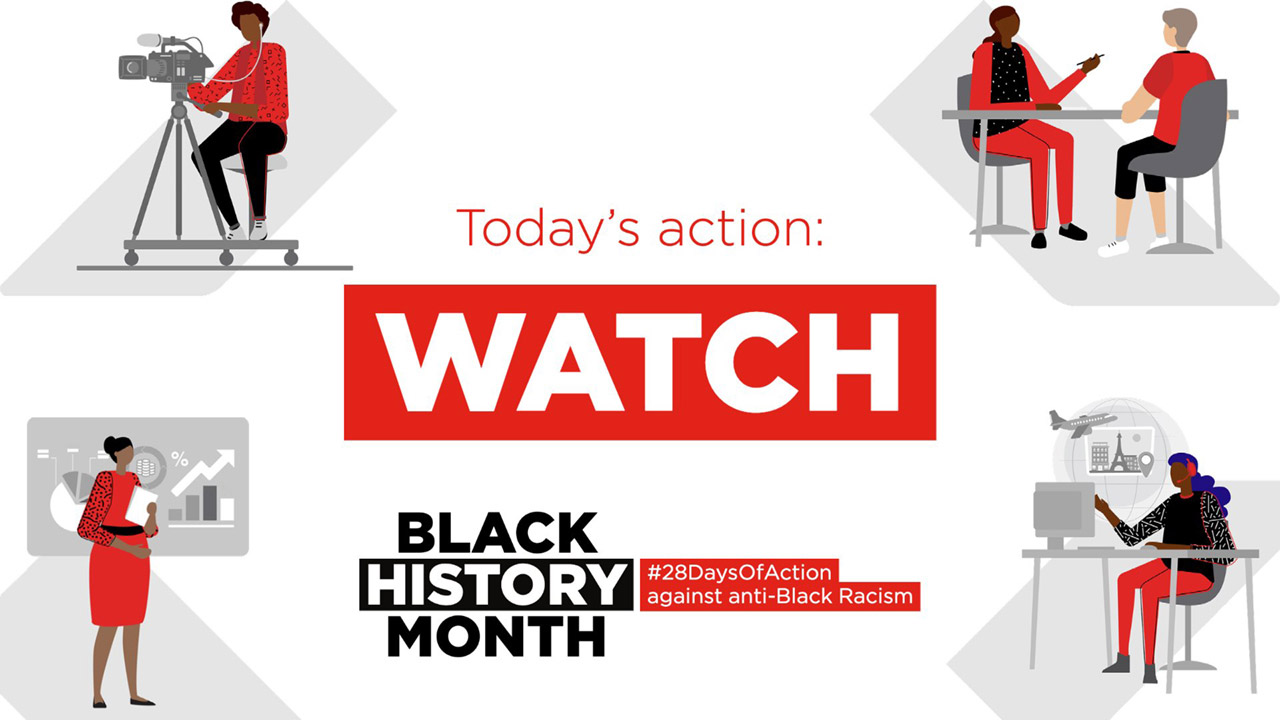#28DaysofAction: How Fanshawe recognized Black History Month
 CREDIT: FANSHAWE COLLEGE
CREDIT: FANSHAWE COLLEGEPazzano believes we need to learn before we can act.
The month of February has been recognized as Black History Month in Canada since 1995 after a motion from Jean Augustine – the first Black Canadian woman to serve as a federal Minister of the Crown and Member of Parliament – was passed unanimously at the House of Commons. This Black History Month, Fanshawe College launched their #28DaysofAction Against Anti-Black Racism to not only celebrate Black history, but to inform and take action to tackle racism in the community and the nation. This plan has been headed by the director of equity, diversity and inclusion (EDI) Joseph Pazzano. He shares where the idea came from and what the school is trying to accomplish.
“I think Black History Month is a time for us to reflect on the history of Black Canadians who have contributed [to the country] but it’s also a time to acknowledge that systemic racism is an experience on these lands,” said Pazzano. “This is why we launched 28 Days of Action. Too often we speak about our values of inclusion, but we don’t talk about how to get there. This is a step in that direction. We’ve got big structural challenges as a country, but individuals make things happen. So these are 28 actions individuals can take to learn to support Black communities and commit to doing more.”
At the beginning of the month, Fanshawe and Pazzano began building the “foundations of learning” so people can be informed before they act. Pazzano described what other things they have achieved.
“We have lots around learning, because I think learning is really important. So learning about Black history, learning about systemic racism, and then we have some actions around building community,” said Pazzano.
“Then we have some information about how you can support Black communities, Black businesses, Black focused organizations in London and surrounding areas.”
On Fanshawe College’s Twitter page, some of the actions shared included sharing a list of Black-owned businesses to shop at, videos and books to watch and read, an exercise to practice how to respond to microaggressions and even a self-assessment quiz. To find out what Fanshawe is doing to end the month, Pazzano urged students to follow Fanshawe on all their social media platforms to see exactly what they’re doing.

















